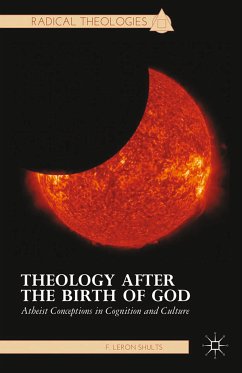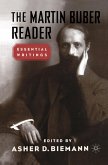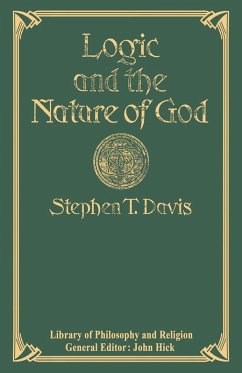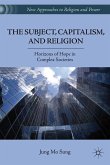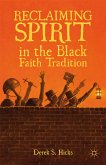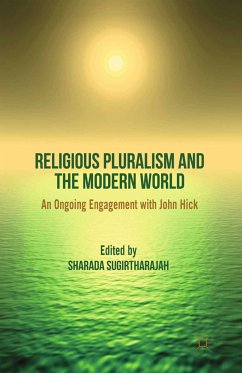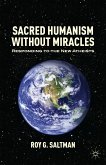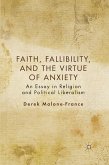Dieser Download kann aus rechtlichen Gründen nur mit Rechnungsadresse in A, B, BG, CY, CZ, D, DK, EW, E, FIN, F, GR, HR, H, IRL, I, LT, L, LR, M, NL, PL, P, R, S, SLO, SK ausgeliefert werden.
Hinweis: Dieser Artikel kann nur an eine deutsche Lieferadresse ausgeliefert werden.
"Theology After the Birth of God is a valuable part of any atheist's library. Sun Tsu taught us to know our enemies; Shults teaches us that gods are not only man-made, but an inevitable byproduct of evolution. This information is devastating to the concept that gods are real, as Shults shows exactly how they are made, shaped, and used to the advantage of those in charge. He then takes the next step of teaching us how to use this information toward the betterment of society. Shults answers once and for all, how so many people can believe in a god and still be wrong." - David Silverman, President of American Atheists
"Taking his point of departure in the biocultural science of religion that a few of us have been promoting, Shults shows how even theology may benefit from these insights. His proposed anthropomorphic promiscuity and sociographic prudery is a refreshing take on religion, atheism, cognition and culture." - Armin W. Geertz, author of Brain, Body and Culture: A Biocultural Theory of Religion, Director of the Religion, Cognition and Culture Research Unit (RCC) at Aarhus University, Denmark

